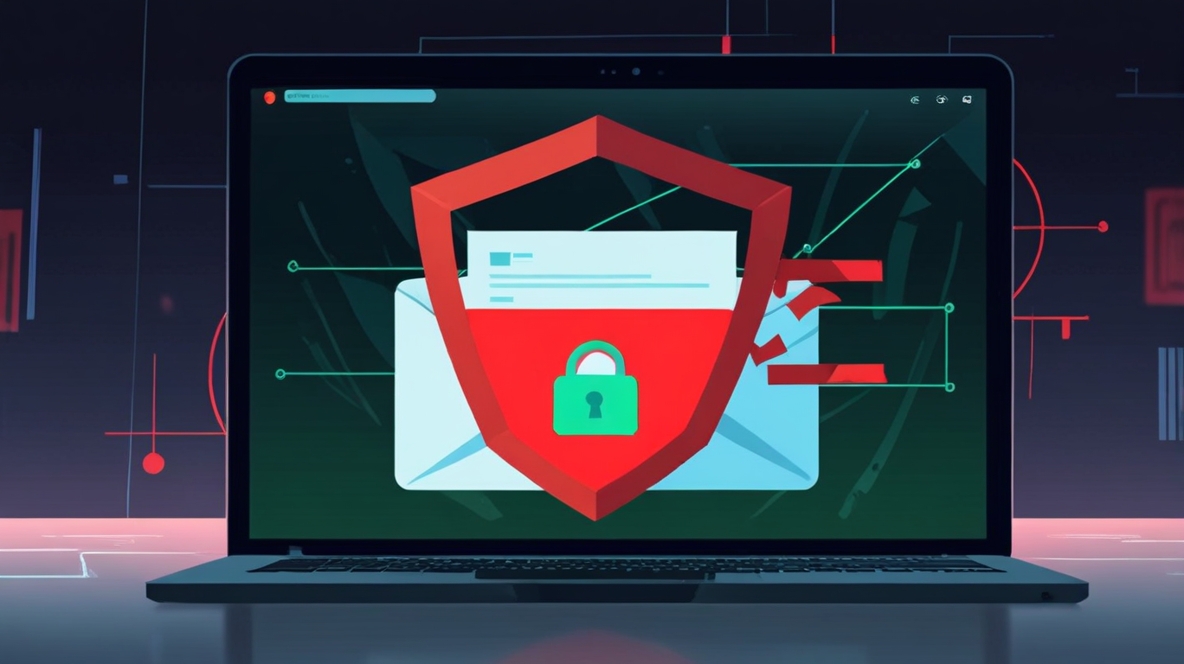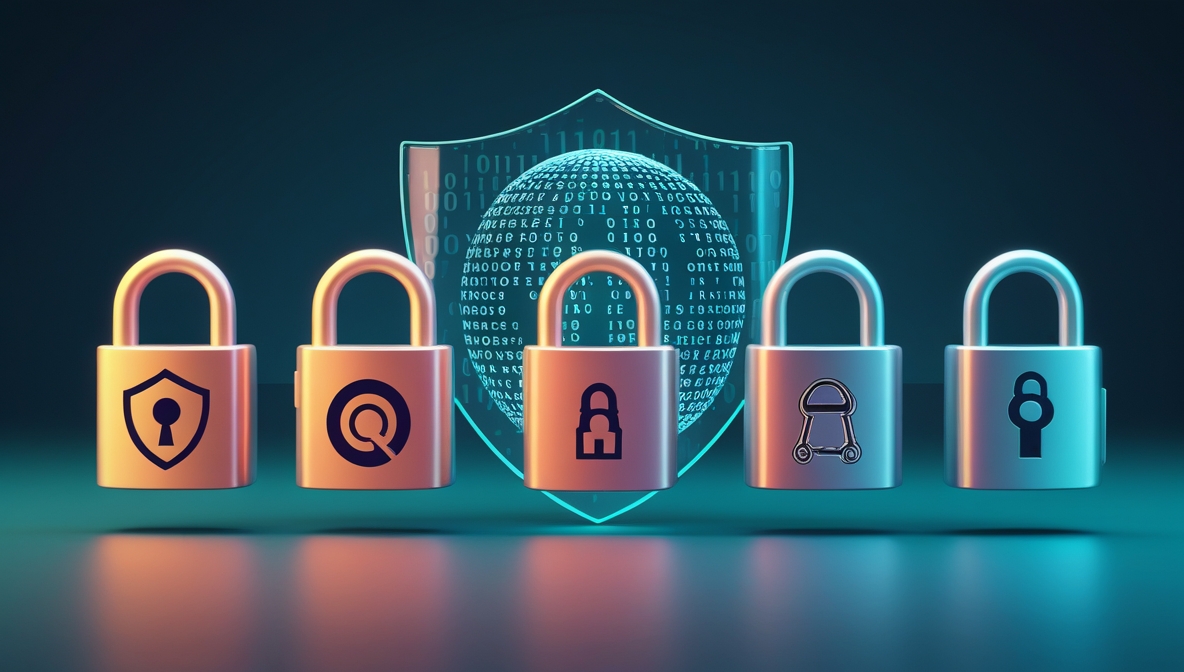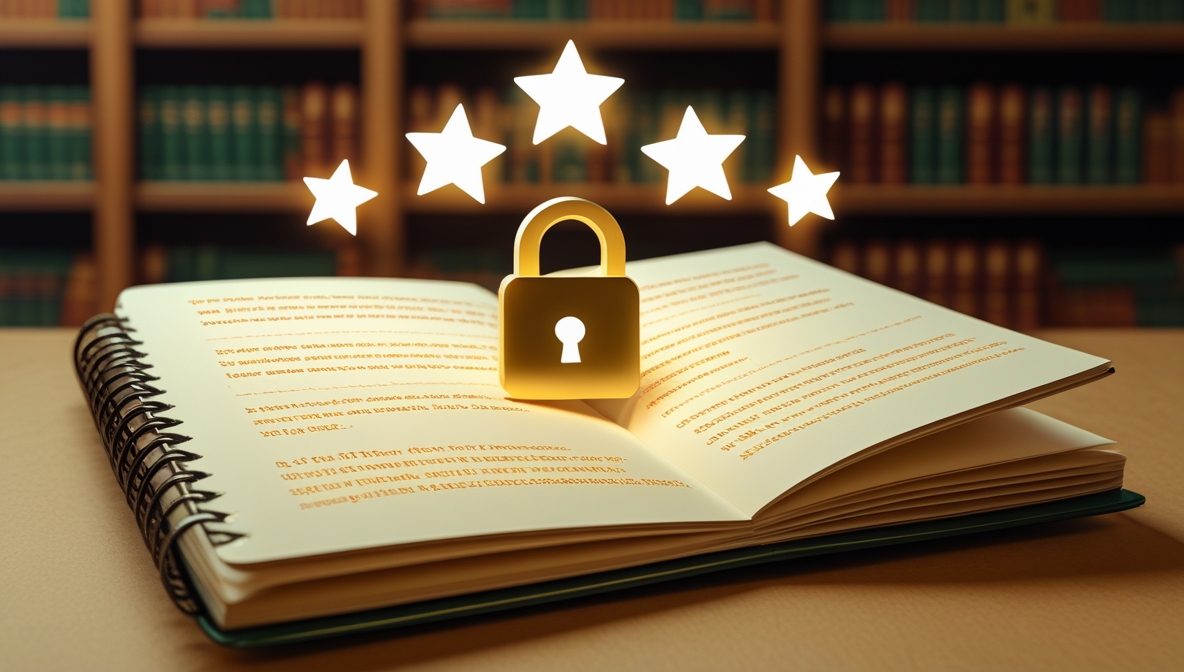In today’s fast-paced digital landscape, email security is a critical concern for businesses of all sizes. With growing threats of cyberattacks, phishing, and data breaches, relying on traditional email platforms without robust security protocols can expose organizations to substantial financial and reputational damage. Choosing a secure email service for businesses is not only a strategic move—it's a necessity. This guide will delve into the best enterprise-grade secure email services, key features, compliance standards, and implementation strategies that can elevate your organization’s communication security.
Why Secure Email Services Are Essential for Businesses
Business communications often involve the exchange of sensitive data, such as client information, financial records, trade secrets, and intellectual property. Without encryption and authentication protocols, this data can easily be intercepted or manipulated by cybercriminals. Secure email services provide end-to-end encryption, advanced spam filters, virus scanning, and data loss prevention (DLP) tools—ensuring that sensitive communications remain confidential and compliant with industry standards.
Top Features to Look for in Secure Email Services
When evaluating secure email providers, organizations should prioritize services that offer a comprehensive security suite. Here are the most crucial features to consider:
1. End-to-End Encryption
End-to-end encryption ensures that only the sender and the intended recipient can read the content of an email. PGP (Pretty Good Privacy) and S/MIME (Secure/Multipurpose Internet Mail Extensions) are the two most widely used encryption protocols.
2. Two-Factor Authentication (2FA)
To safeguard user accounts from unauthorized access, 2FA adds a second layer of protection, typically involving a one-time code sent to a trusted device or app.
3. Anti-Phishing and Malware Protection
Advanced threat detection engines help block phishing emails, malicious links, and attachments before they reach employee inboxes.
4. Data Loss Prevention (DLP)
DLP tools monitor outbound messages to prevent the accidental or malicious sharing of confidential data—a must-have for businesses handling sensitive customer or healthcare data.
5. Compliance Support
Businesses in regulated industries should seek email services that comply with HIPAA, GDPR, FINRA, or ISO 27001, depending on their operational region and sector.
Best Secure Email Services for Businesses in 2025
Here are the leading enterprise-level secure email services that combine top-tier security with seamless functionality:
1. ProtonMail for Business
ProtonMail offers end-to-end encrypted email, hosted in Switzerland for maximum privacy. Its business suite includes custom domain support, secure calendar, and VPN integration.
Key Benefits:
-
Open-source encryption algorithms
-
GDPR-compliant
-
No IP logging or data mining
-
Zero-access architecture
2. Tutanota Business
Tutanota combines zero-knowledge encryption with open-source transparency. It supports secure contact forms and encrypted calendar features.
Key Benefits:
-
Hosted in Germany, with strict privacy laws
-
No third-party ads or tracking
-
Integrated encrypted calendar and address book
-
Affordable business pricing tiers
3. Zoho Mail
Zoho Mail provides secure, ad-free email hosting for businesses, with a focus on privacy, productivity, and customization.
Key Benefits:
-
Supports S/MIME encryption
-
Includes Zoho Workplace productivity suite
-
Custom email domain hosting
-
Excellent admin control panel
4. Microsoft 365 with Advanced Threat Protection (ATP)
Microsoft 365 offers enterprise-grade security features including multi-layered anti-phishing tools, encryption, and information rights management.
Key Benefits:
-
Seamless integration with Microsoft Teams, SharePoint, and Office
-
ATP and Microsoft Defender for comprehensive protection
-
Compliance with major global regulations
-
Scalable for small teams to large enterprises
5. Google Workspace with Gmail Confidential Mode
Google Workspace (formerly G Suite) enhances Gmail with confidential mode, built-in DLP, and enterprise-grade security standards.
Key Benefits:
-
Message expiration and revocation features
-
Integrated with Google Vault for archiving and eDiscovery
-
Two-step verification and context-aware access
-
Smart replies powered by AI with robust phishing detection
Compliance and Regulatory Considerations
Data protection laws and compliance frameworks vary across industries and jurisdictions. Here’s how secure email services help businesses meet regulatory demands:
HIPAA (Health Insurance Portability and Accountability Act)
Healthcare providers must ensure emails containing Protected Health Information (PHI) are encrypted and access-controlled.
GDPR (General Data Protection Regulation)
For organizations operating in the EU or handling EU citizens’ data, email services must ensure data portability, consent tracking, and user access control.
FINRA and SEC Compliance
Financial institutions require tamper-evident email archiving, audit logs, and message supervision tools for regulatory adherence.
How to Successfully Implement Secure Email Services
Transitioning to a secure email platform requires careful planning and execution:
Step 1: Assess Your Security Needs
Evaluate your industry’s regulations, typical message sensitivity, and current vulnerabilities to determine necessary features.
Step 2: Choose a Scalable Email Provider
Select a provider that can grow with your organization, offering flexible plans and additional services such as secure file storage or VPN.
Step 3: Train Employees on Secure Email Practices
Even the most secure systems can be compromised by human error. Conduct regular cybersecurity awareness training on recognizing phishing attempts, using 2FA, and reporting suspicious activity.
Step 4: Monitor and Audit
Implement email monitoring tools and maintain audit logs to ensure continuous compliance and detect threats proactively.
Cloud vs. On-Premises Secure Email: Which is Better?
Cloud-based secure email services offer scalability, ease of use, and automatic updates. Providers like ProtonMail and Google Workspace deliver consistent uptime and access from anywhere.
In contrast, on-premises solutions give businesses full control over infrastructure and data—but require significant IT resources, ongoing maintenance, and in-house security expertise.
For most SMBs and remote-first teams, cloud services provide a secure and cost-effective option, while heavily regulated or highly confidential environments may still benefit from on-premises deployments.
Conclusion: Protecting Your Business Starts With Securing Your Email
Email is often the first point of contact and the weakest security link in many organizations. Implementing a robust, secure email service for your business is not just a best practice—it’s a fundamental requirement in today’s cyber threat environment. Whether you're a startup or a multinational corporation, investing in the right secure email provider can safeguard your communications, protect client data, and ensure full regulatory compliance.




